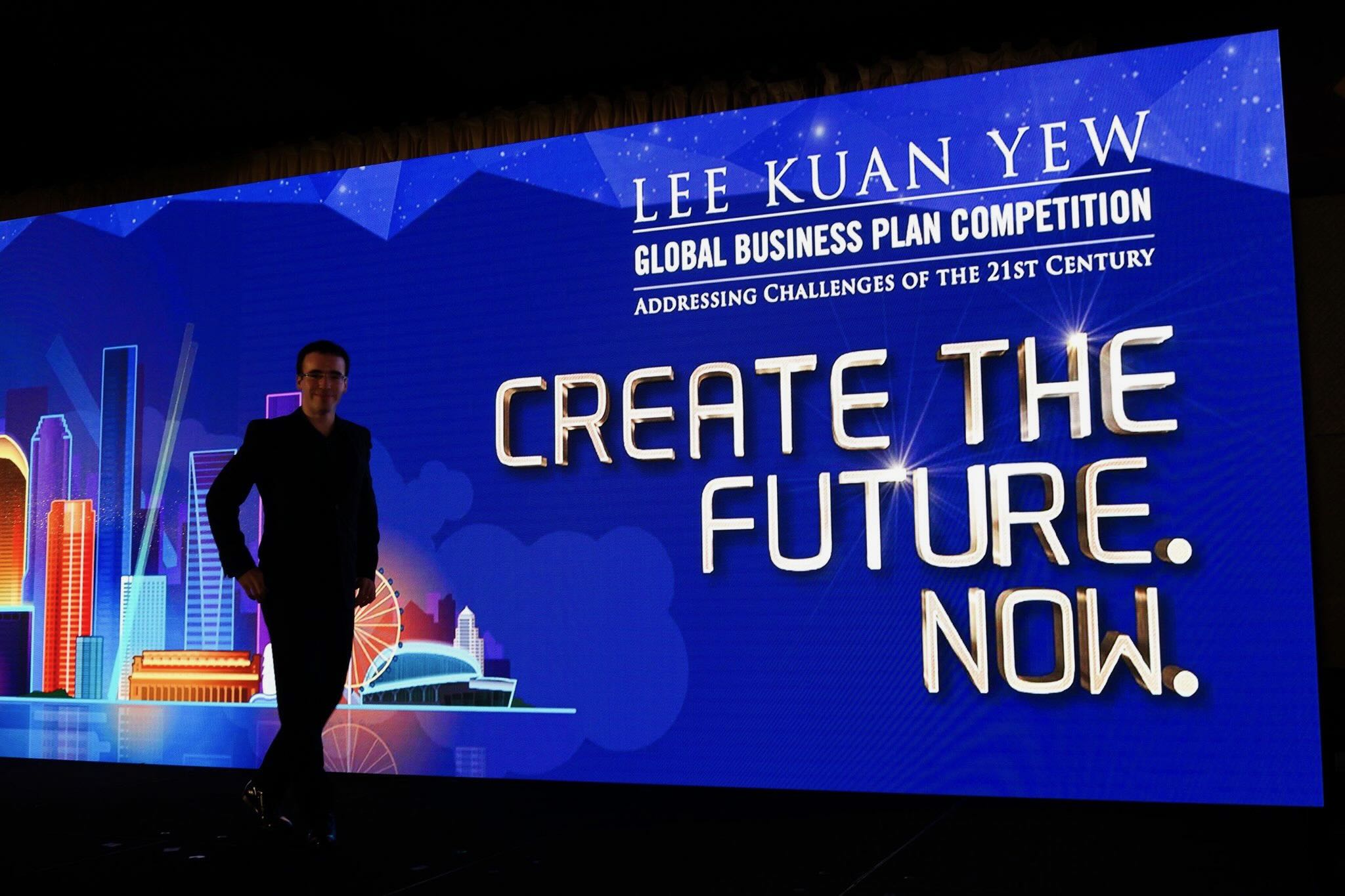ZenAuto: Emotionally Intelligent Transport
Date:
I presented our startup concept, ZenAuto, at the Lee Kuan Yew Global Business Plan Competition (LKYGBPC) in Singapore, one of Asia’s leading deep-tech entrepreneurship challenges. The competition brings together next-generation founders from around the world to showcase innovations with the potential to reshape cities, industries, and society. Our work was selected for presentation on the competition stage alongside teams from top global universities.
ZenAuto proposed a computer-vision-powered platform for “emotionally intelligent transport,” combining real-time facial expression analysis with non-contact heart-rate and respiration monitoring to measure driver stress, fatigue, and emotional state. The goal was to improve commuter safety and well-being by enabling vehicles to detect indicators of stress, microsleep, or health anomalies and respond proactively—through adaptive music, temperature adjustments, alerts, or other context-aware interactions. The concept also explored city-scale applications using aggregated, de-identified emotional data to inform urban planning and optimize routing based on collective stress patterns.
The presentation highlighted the technical approach underlying ZenAuto, including the facial-expression recognition and non-contact physiological sensing algorithms I developed during my research at MIT and Harvard (see related work here), along with the long-term vision for stress-aware mobility systems, intelligent routing tools, and partnerships with car manufacturers, autonomous vehicle companies, and municipal agencies.
ZenAuto represented an early exploration of how affective computing, computer vision, and urban analytics could converge to create safer, more human-centered transportation experiences in rapidly growing cities such as Singapore.

